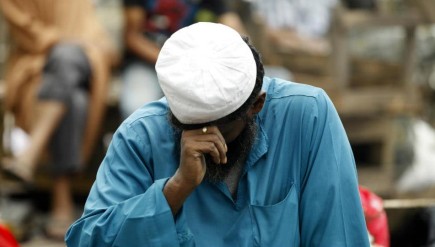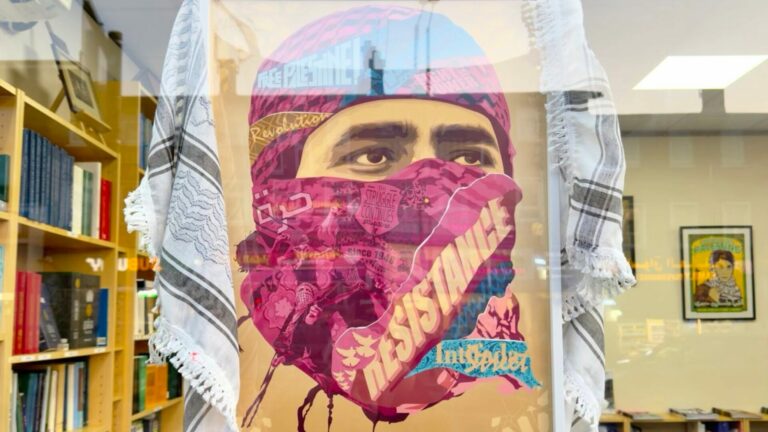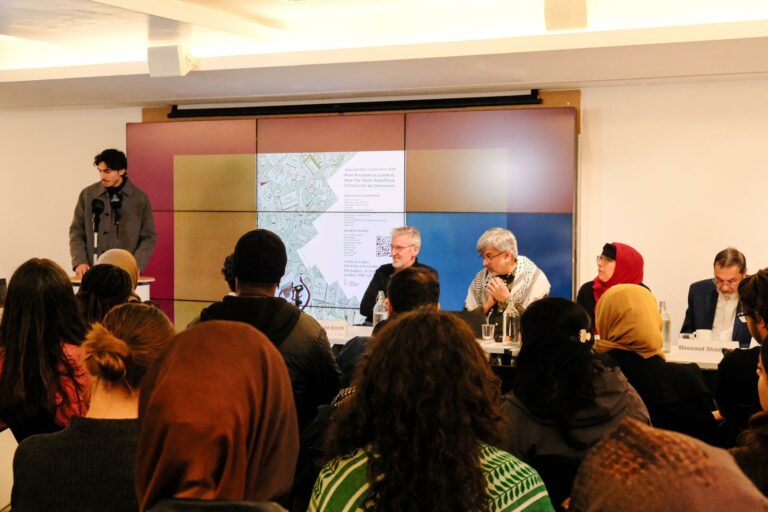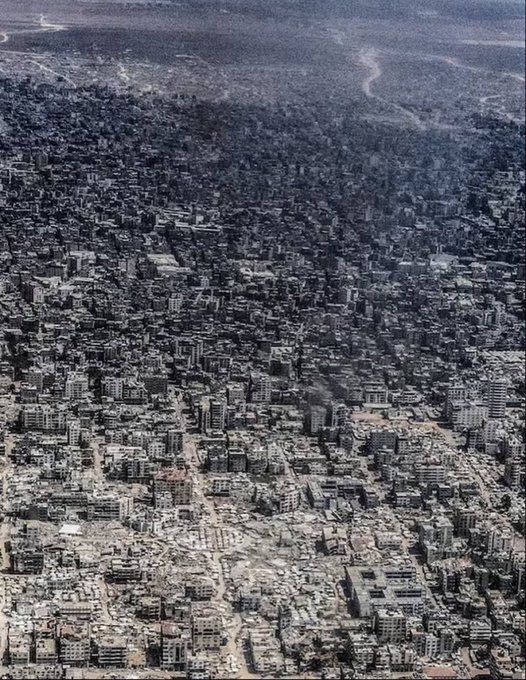Contents
1. Action Required
2. Summary
3. Background
4. Sample Letters
5. Addresses for Sample Letters
1. Action Required
Write to the Bangladeshi High Commissioner / Ambassador of your country demanding an explanation about the reports of killings of scores of Hefazot-e-Islam activists by police forces on 5th/6th May 2013 in Dhaka.
2. Summary
Hefazot-e-Islam is a group of Islamic activists, established by a group of religious scholars of qaumi madrasahs imparting centuries old religious knowledge to students. It has emerged very strong with its demands to establish religious values and government in Bangladesh, its support for opposition political party Jamaat-i-Islami and its resistance against the recent controversial campaigns initiated by ultra-nationalist groupings in Bangladesh.
In Motijheel, Dhaka on 5th May 2013, scores of Hefazot supporters were reportedly killed brutally by police forces. While the number of activists killed remains undetermined, mounting evidence points to the fact that that this incident was no less than a brutal massacre; where the authorities employed lethal force against victimized citizens.
An explanation is still needed from the Bangladeshi ruling party about their apparent violent actions that lead to the death of so many innocent citizens.
3. Background
Despite the government’s disinformation campaign, video footage and pictures reveal that at least 500 may have been killed on the ground.
The protestors had assembled in the capital of Dhaka to protest against the recent statements and images that had been made by the Shahbag group – a large group of nationalist and some atheist Bangladeshis which defamed Islam and the Prophet Muhammad (may peace be upon him) and on various blogs.
In the run up to the killings, there was continuing dissatisfaction amongst many groups including many opposition groups as what was seen as complicity by the government with the Shahbag bloggers. Hefazat drew up a response to the government’s lack of interest in their demands and tacit support of the Shahbag bloggers, which had 13 action points. Hefazat protestors had assembled peacefully to articulate their cause on 6th April 2013, followed by several rallies to put pressure on the government. In response they were maligned by the government as ‘fundamentalists’ and another front of Jamaat-e-Islaam.
This culminated in Hefazat’s call for a mass rally in Dhaka that would on 5th May. Reports suggest that according to a carefully premeditated plan, the Hefazat activists began moving into Dhaka on 4th May and assembled at all 6 routes in Dhaka, creating a blockade by 5th May. They experienced brief clashes with the police and Awami League activists on the way to the assembly point. The group assembled to hear an event of Dua by their Amir, Allama Ahmad Shafi at Shapla Chattor, Motijheel. During the speech police opened fire and according to a witness 7 people lost their lives. However, the situation was brought under control by 11 pm and the activists decided to sleep in the same location.
According to reports there was a carefully calculated plan designed to attack the activists while they slept. First electricity was cut off to darken the place around 12:30 am on 6th May. Megaphone lines were also cut off, and the sleeping members were apparently attacked by combined forces of police, Rapid Action Battalion, Armed Police Battalion and Border Guard Bangladesh, who had carefully moved into the city from different routes.
Two major reporting channels belonging to the opposition were removed from air that night as well to ensure that no reports or videos are leaked out. Thus, it is hard to say how many people got killed or injured except through reports from witnesses on the scene.
The Dhaka massacre proves how the Bangladeshi government has acted in cold-blood, murdering its own citizen. Set in the context of the much criticised prosecutions of opposition political figures, it appears that the massacres are another step on the road of this government to establish total power and eradicate effective opposition.
Please write to the Bangladeshi Ambassador / High Commissioner in your country and demand a response regarding the massacres.
Please also write to the Foreign Minister in your country demanding they raise this issue at the highest levels.
4. Sample Letters
a) Letter to Bangladeshi High Commissioner
Please follow this link to contact Bangladesh High Commissioner to your country: http://www.parjatan.gov.bd/missions_bd.php
UK campaigners can write to:
H.E. Mohamed Mijarul Quayes
High Commission for the People’s Republic of Bangladesh,
28 Queen’s Gate,
London SW7 5JA
[Your Name]
[Your Address]
Date
Dear H.E. Mohamed Mijarul Quayes
RE: Concern about reports of killings of Bangladeshi citizens in Dhaka on 5th/6th May 2013
I am writing to express my extreme concern at the reported, brutal killing of scores of protesters on 5th/6th May 2013 at the hands of the Bangladeshi police and forces.
As you may be aware, hundreds of activists belonging to Hefazat-e-Islam, gathered at Shappla Chattor, Motijheel in Dhaka to protest against the recent defamation of their religion at the hands of certain individuals in the community, to object to anti-Islamic practices and to demand the release of religious scholars imprisoned.
Shocking reports reveal the cruelty and violence with which the Bangladeshi authorities met the Hefazat activists and did not fail to use fatal force against them. Further, I am even more horrified to discover reports that the government banned opposition media from recording the events in order to hide the reality. Human rights reports have confirmed this incident to be a massacre as reports emerging over the months add to the mounting evidence of the killings.
If these reports are true, then I am extremely concerned about the future of a country which is willing to kill its own citizens to secure its selfish interests and ensure total and absolute power.
I demand you to confirm whether these horrific reports are true or false. If they are true then I demand the Bangladeshi government to step down from power immediately and surrender in the court of law for the killing of innocent citizens and duly compensate the victims’ families for this immense, irreplaceable loss of the life of their loved ones .
I await your immediate response to this urgent letter.
Yours sincerely,
[Your Name]
b) Letter to your Foreign Secretary
UK campaigners can write to:
Rt Hon Mr William Hague
Foreign and Commonwealth Office,
King Charles Street,
London, SW1A 2AH
[Your Name]
[Your Address]
[Date]
Dear Rt Hon Mr William Hague
RE: Concern about reports of killings of Bangladeshi citizens in Dhaka on 5th/6th May 2013
I am writing to express my extreme concern at the reported, brutal killing of scores of protesters on 5th/6th May 2013 at the hands of the Bangladeshi police and forces.
As you may be aware, hundreds of activists belonging to a religious group, Hefazat-e-Islam, gathered at Shappla Chattor, Motijheel in Dhaka to protest against the recent defamation of their religion at the hands of certain individuals in the community, to object to anti-Islamic practices and to demand release of religious scholars imprisoned.
Shocking reports reveal the cruelty and violence with which the Bangladeshi authorities met the Hefazat activists and did not fail to use fatal force against them. Further, I am even more horrified to discover reports that the government banned opposition media from recording the events in order to hide the reality. Human rights reports have confirmed this incident to be a massacre as reports emerging over the months add to the mounting evidence of the killings.
If these reports are true, then this means that the ruling party is willing to kill its own citizens to secure its selfish interests and ensure total and absolute power. Hence I am extremely concerned about the citizens of Bangladesh and their right to freedom of expression and religion.
I urge you to demand the Government of Bangladesh to create conditions for the opposition to have confidence in it, by reversing all restrictions on the opposition parties, civic groups and media and releasing political prisoners. Further, I urge you to support the establishment of an independent, international body with the capability and resources to investigate the massacre of 6th May and surrounding events with the expressed purpose of preventing them from happening again. I also urge you to review security and development cooperation with
the Bangladeshi government pending the outcome of an independent inquiry into the massacre.
I await your immediate response to this urgent letter.
Yours sincerely,
[Your Name]
(c) If your country is a member of the Commonwealth then you may consider also requesting the following, by adding it as the last paragraph before ‘I await your immediate response…’ in letter (b) above:
Lastly, consider suspending the Government of Bangladesh from the Commonwealth until it takes its responsibilities to its citizens seriously
——————————————————————————————
For more information, please contact the office on the numbers or email below
——————————————————————————————
IHRC is an NGO in Special Consultative Status with the Economic and Social Council of the United Nations.
Please help IHRC by visiting http://shop.ihrc.org and making a donation or buying an item from our on-line store.
If you want to subscribe to the IHRC list please send an email to subscribe@ihrc.org
If you want to unsubscribe from the IHRC list please send an email from your subscribed email address to unsubscribe@ihrc.org
If you are reusing this alert, please cite the source.
For more information, please contact the office on the numbers or email below.
“And what reason have you that you should not fight in the way of Allah and of the weak among the men and the women and the children, (of) those who say: Our Lord! Cause us to go forth from this town, whose people are oppressors, and give us from Thee a guardian and give us from Thee a helper.”
Holy Qur’an: Chapter 4, Verse 75
Join the Struggle for Justice. Join IHRC.
Islamic Human Rights Commission
PO Box 598
Wembley
HA9 7XH
United Kingdom
Telephone (+44) 20 8904 4222
Email: info@ihrc.org
Web: www.ihrc.org
Twitter @ihrc






